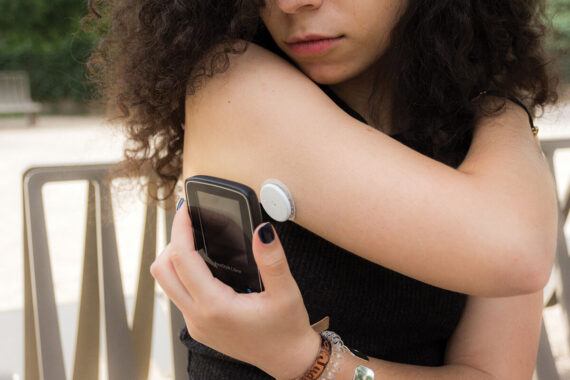A new ‘world-first’ initiative to provide targeted support for young people with early onset type 2 diabetes is being rolled out by NHS England.
The support will include additional tailored health checks, extra one-to-one reviews, and the option of new medicines and treatments where necessary.
NHS England has pledged £14.5m for local health teams to provide the service to around 140,000 people aged 18 to 39.
The offer will also take account of the risks associated with type 2 diabetes during pregnancy, with dedicated support such as access to contraception and folic acid supplements.
The aim of the programme is to reduce the risk of these patients developing severe illness or health complications in future, and also to tackle health inequalities, since the condition is more prevalent in people living in deprived areas or from minority ethnic groups.
NHSE said that early onset type 2 diabetes is more aggressive later onset type 2 diabetes, and research has shown that on average someone diagnosed with the condition at 20 years old will have an overall reduced life expectancy of 11 years, compared to a reduced life expectancy of two years when diagnosed at 65 years old.
National clinical director for diabetes and obesity Professor Jonathan Valabhji said: ‘Type 2 diabetes in people under 40 is a growing problem globally – England is no exception, meaning there is an ever-increasing challenge for the NHS.
‘We know this age group is least likely to complete vital annual health checks but we want to ensure people are able to manage their diabetes well and reduce the risk of serious complications, which is exactly why we have embarked on an ambitious and world-first initiative called T2Day: Type 2 Diabetes in the Young.’
Chief executive of Diabetes UK Chris Askew welcomed the programme as a ‘vitally important step’ to improving healthcare for this patient cohort.
He said: ‘Type 2 diabetes is a serious, life-changing condition. It can have more severe and acute consequences in younger adults, and is more common in people from ethnic minorities and those living in the most deprived areas.
‘Yet we know that access to vital routine diabetes care is lower in the 18-40 age group – putting those affected at a higher risk of potentially devastating complications.
‘This programme is a welcome and much-needed opportunity to address these existing inequalities in type 2 diabetes care.’
Patients on the programme may also be able to access the NHS Type 2 Diabetes Path to Remission Programme, which is a year-long scheme aiming to support participants to ‘improve their blood sugar levels, reduce diabetes-related medication and in some cases put their type 2 diabetes into remission’.
Earlier this month, researchers found that raised blood glucose is associated with greater risk of cardiovascular disease (CVD) even when below the threshold for diagnosing diabetes, with women faring worse.
In July, new NICE guidance removed a number of barriers for GPs to refer patients to be assessed for bariatric surgery, with patients no longer needing to attempt weight loss by non-surgical interventions.
Diabetes is one of the Government’s target conditions in its upcoming major conditions strategy, which will focus on improving population health through ‘lifestyle drivers’ and early diagnosis.
Pulse October survey
Take our July 2025 survey to potentially win £1.000 worth of tokens














